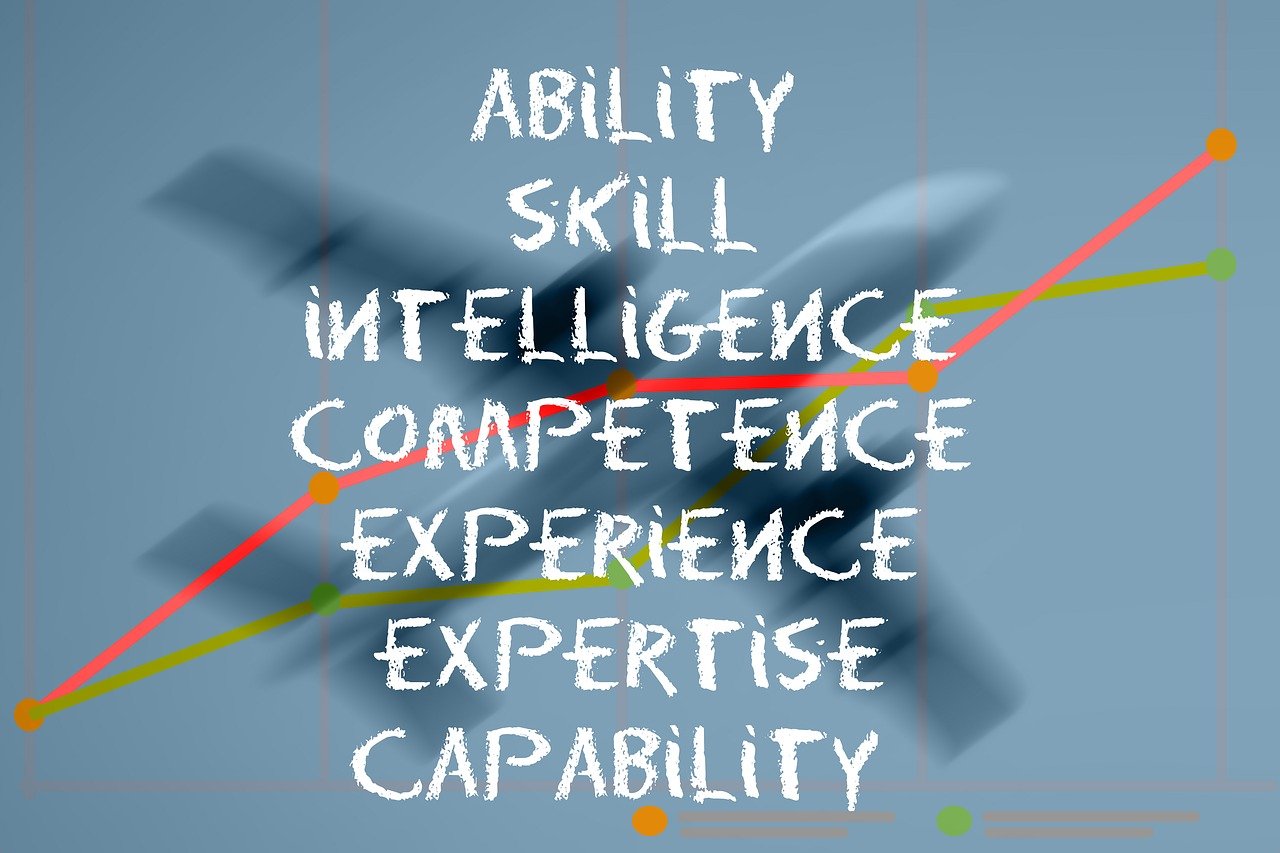
Personal Brand for Career Success
In today's highly competitive job market, having the right qualifications and experience is not enough. You need to have a strong personal brand for career success.
What is Personal Branding?
It is the process of creating a unique and consistent identity for yourself. It's how you present yourself both online and offline to potential employers, colleagues and industry peers. Your brand exists whether you do something about it or not - it impacts your reputation; the perception other people have about you.
Components of a Personal Brand
Your skills and expertise - what are you good at? What knowledge do you bring to the table?
Your values - what do you stand for? What principles guide your decisions/actions?
Your personality - what makes you, you? How do you interact with others?
Your vision - what are your career goals? What impact do you want to make?
Each of these aspects shape how others perceive you. When you break down personal brand in this way you are better able to intentionally craft and communicate your identity to influence how others see you. It's about ensuring that your reputation aligns with your professional goals.
Benefits of a Strong Personal Brand
Enhances Career Opportunities
Employers and recruiters are increasingly looking for candidates who not only have the right skills but also demonstrate a clear sense of who they are and what they stand for. A well-developed personal brand can make you more attractive to potential employers or senior management, leading to job offers or promotion.
Build Credibility and Trust
When you consistently communicate your expertise, values and vision, you build credibility within your industry. People begin to see you as a trusted professional who stands by their principles and this can lead to stronger professional relationships.
Differentiates You From the Competition
In a crowded market, standing out is crucial. A strong personal brand differentiates you from other candidates with similar qualifications and experience. It can make you more memorable and set you apart from the competition.
Steps to Develop Your Personal Brand
Self Assessment - identify strengths and values
Take some time to reflect on your strengths, skills and values. What do you want to be known for? Brainstorming tools such as a personal SWOT analysis can be useful for this.
Crafting Your Brand Message - what do you want to be known for?
This is about communicating your unique value to employers and industry. Your messaging should be clear, concise and aligned with your career goals. It's what others remember about you.
Building an Online Presence - LinkedIn, Personal Website etc.
An online presence is a critical component of your personal brand. Even if you don't have a website or a LinkedIn profile, there is a high likelihood that your online profile exists on your company website or similar. Wherever possible, ensure that the image you portray is consistent and reflects you the way you want to be seen. Start by optimising your LinkedIn profile - this is the most relevant social medial platform for professionals. Showcase your achievements and experiences - think of it as a more in-depth resume that you can add your authentic voice to. Share your thoughts on industry trends or offer insights into your expertise. Other platforms like Instagram might be more relevant to your industry.
Networking - expanding your reach and influence
Developing a network is an essential part of personal branding. It's not just about meeting new people, but about building meaningful relationships that can help you grow professionally. Engage with leaders in your field both online and offline to help you expand your reach and increase your visibility.
Summary
Developing your personal brand is no longer optional. By taking a proactive approach to assess your strengths, clarify your message, build a consistent online presence and networking effectively, you can create a brand that reflects you accurately and supports your long term career goals.
For more in depth tips on developing a Personal Brand, take a look at my book "Personal Brand Pathway"

